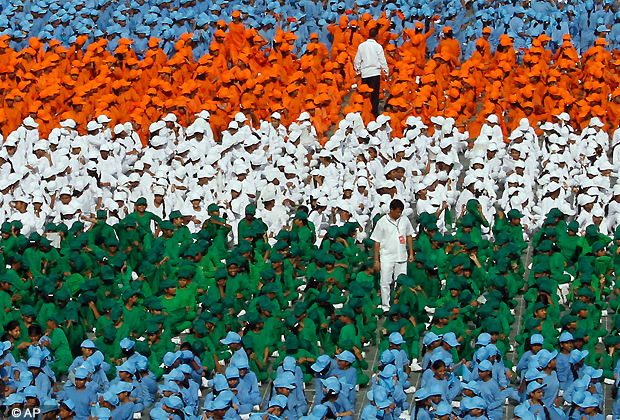Every act in this world has an outcome and similar was the case of Bhagat Singh’s execution by the British government. But before that we must understand the circumstances under which Bhagat Singh was hanged on 23rd March 1931.
Jatin Das was arrested on 14th June 1929 and was imprisoned in Lahore jail for trial under Lahore conspiracy case. In Lahore jail, Das began his hunger strike along with Bhagat Singh and Batukeshwar Dutta against the ill treatment of Indian political prisoners in Jail. Das’s strike started on 13 July and lasted 63 days till his death. Das’s death created a sensation all over the country. It brought the question of the treatment of political prisoners to the front. It was after this incident that masses started feeling sympathetic towards the suffering of revolutionaries and started understanding the revolutionary ideas.
As per schedule Bhagat Singh, Sukhdev and Rajguru were to be hanged on 24 March 1931, but suddenly the schedule was shifted to 23 March 1931 without informing their families, also their bodies were secretly cremated. The British government knew that if Singh’s execution was made public, he would be seen as a martyr by the Indian people. This would have made him a rallying figure for the independence movement, and so the British government wanted to avoid this at all costs.
This secret hanging of Bhagat Singh, Sukhdev and Rajguru was criticized all around the world including Britain. Concerns about the torture and ill treatment of prisoners accused of political violence, including the government’s attempts to tailor ordinances and legislation’s to allow them to hold and prosecute suspects without due process were widely expressed in the mainstream nationalist press. This raised the feeling of haterate among masses towards the British government. Subhashchandra Bose describes political situation of India after Bhagat’s death as ‘ Bhagat Singh’s martyrdom acted as a profound inspiration to the youth of India and everywhere youth and students organisations began to grow up’.
In a letter to Singh, Bose wrote: “You are the only one who has the courage to do what we all think of doing.” He also said that Singh was “the hope of the youth of India.” Bose’s admiration for Bhagat Singh led Bose to adopt a more militant approach to the independence struggle. He formed the Forward Bloc, a radical political party that advocated for armed struggle against the British. He also led the Indian National Army (INA), a volunteer army of Indian soldiers who fought against the British in World War II and became the immediate cause for the Independence of India.
